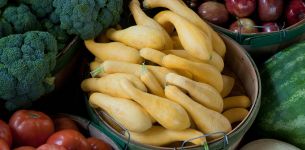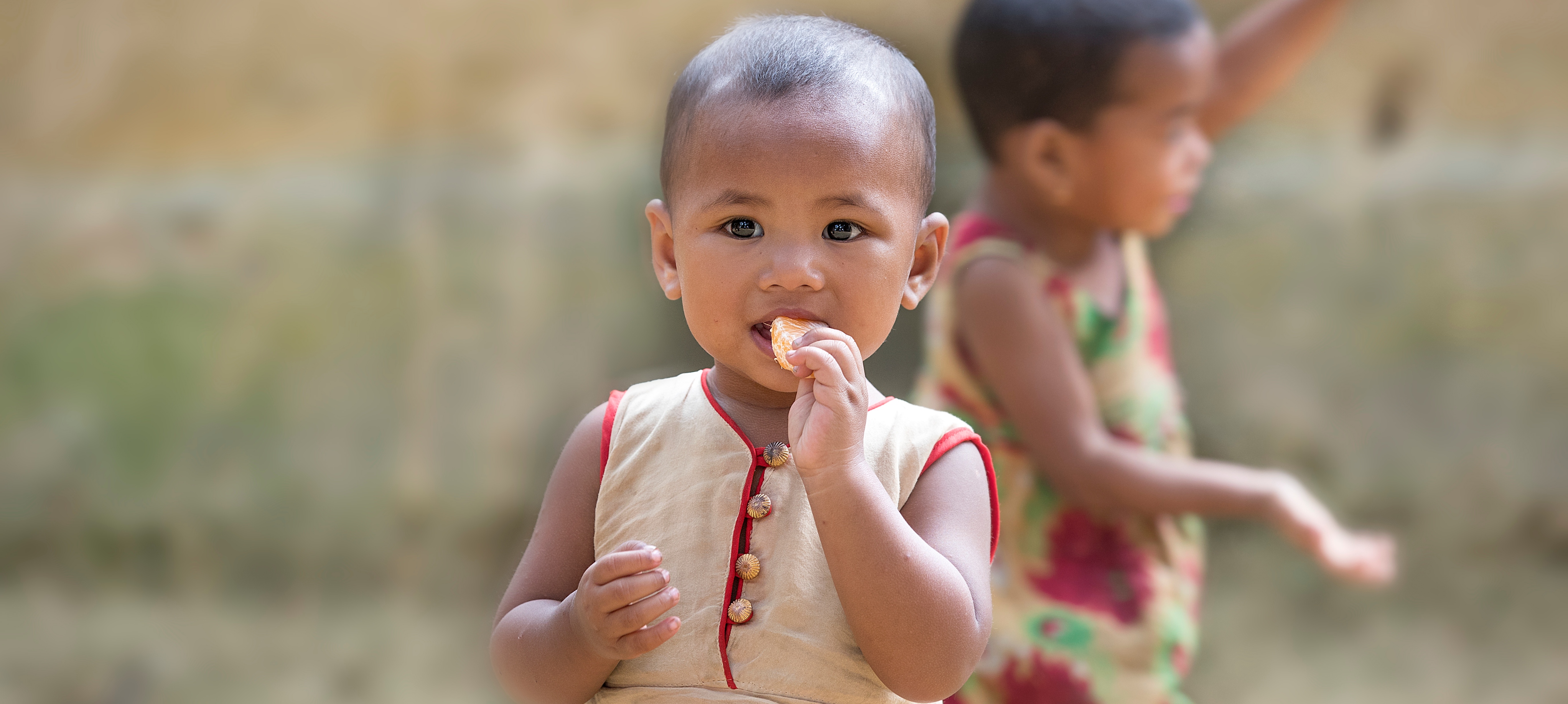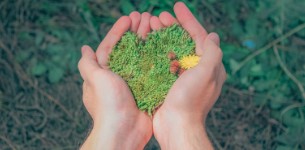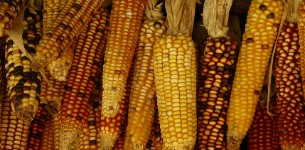Workshop: Partnerships for Systemic Change – Delivering Food Systems Diversification in Kenya
Other content with the tag "Climate and sustainability".
India's Environmental, Social, and Governance (ESG) landscape is evolving, with investors, businesses,

Climate change and malnutrition are two of the biggest challenges facing humanity today. Responding to climate change and malnutrition reveals a ra

This report presents operational food surplus and waste data from the CGF’s Food Waste Coalition members.

Food systems are key to achieving the Sustainable Development Goals (SDGs), yet their current trajectory is unsustainable. The way

Investment in sustainable food production in developing countries is heavily constrained by

Surplus food redistribution can be a way to relieve co -existing food insecurity and food waste.

Environmental sustainability stands at the forefront of global issues, with many consumers changing their habits to reduce their carbon footprint.
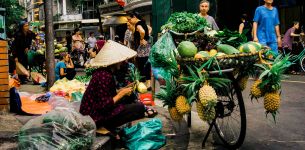
To articulate what it means to take a food systems approach and support policymakers around the world to do so, R4D and City, University of London

The fast-growing out-of-home consumption sector is responsible for monumental food waste.

Reduction of food waste in low-and-middle-income countries (LMICs) can provide multi-layered benefits for their sustainable development, through im
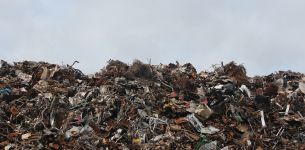
Reducing food waste can contribute positively towards multiple sustainable development goals (SDGs) but the differences in the food waste across co

Current food systems fail to recognise the diversity of aquatic foods and their potential to contribute to sustainable healthy diets and their pote
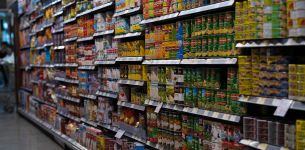
A 2019 FAO and WHO report advised Member State governments to “develop national FBDG recommendations that define context-specific sustainable healt
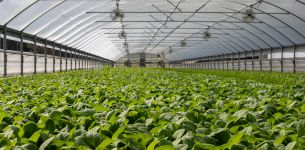
The mitigation of greenhouse gases in the agri-food sector depends on production and consumption patterns.

There are perceptions that meat alternatives carry risks similar to other novel foods.

Waste generated from the agro-food industry represents a concerning environmental, social and economic issue.

The EAT–Lancet Commission drew on all available nutritional and environmental evidence to construct the first global benchmark diet capable of sust
This book explains how True Cost Accounting is an effective tool we can use to address the pervasive imbalance in our food system.

There is broad scientific consensus that current food systems are neither sustainable nor resilient: many agricultural practices are very resource-

There is a widely recognized need to increase funding available for improving nutrition in low- and middle-income countries and to move beyond trad

New methods for combined evaluation of nutritional and environmental aspects of food products are needed to enable a transformation of dietary guid

The aim of this paper is to summarise current trends and new developments with regard to institutional investor actions related to nutrition and ob

Food-based dietary guidelines (FBDGs) provide country-specific guidance on what constitutes a healthy diet.

For African countries to improve their preparedness, adapt to climate change, and build resilient food systems, they will require significant inves

Scientific and political discussions around the role of animal-source foods (ASFs) in healthy and environmentally sustainable diets are often polar
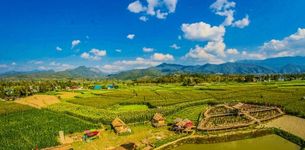
Despite the growing knowledge that food system solutions should account for interactions and drivers across scales, broader societal debate on how

The current way our food systems operate does not result in healthy and nutritious diets for all, nor are we producing food in a manner that the pl
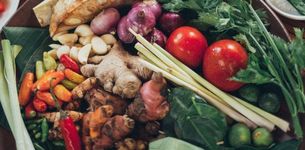
Global food systems face unprecedented challenges Food plays a crucial role in all our lives, not only in supporting our physical and mental health

This is a special section of Field Exchange (FEX) focusing on complementary feeding programming in fragile and emergency contexts.

Many countries in the world, especially in Sub-Saharan Africa (SSA), are battling with fundamental sustainable development challenges such as wides

Chapter 6 in the latest UNEP Emissions Gap Report highlights the key issues
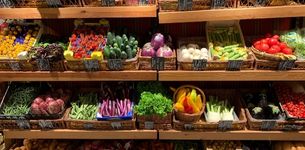
Plant-based alternatives to meat and dairy products are increasing in popularity and have been identified as having an important role in the much-n
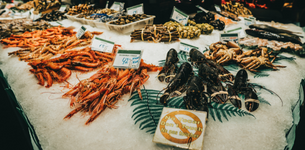
In recent years, the role of seafood or the ‘blue food’ as alternative animal protein has also been investigated, amid concerns over the impacts of
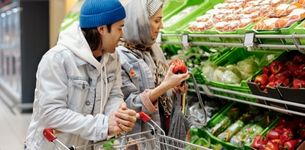
The global food system is responsible for more than 30% of total climate change emissions and 60% of biodiversity loss, and retailers – the bridge

There are current initiatives to make food processing sustainable; however, there is limited understanding of how these improvements influence plan
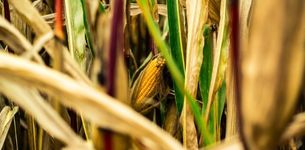
Many consequences of climate change undermine the stability of global food systems, decreasing food security and diet quality, and exposing vulnera
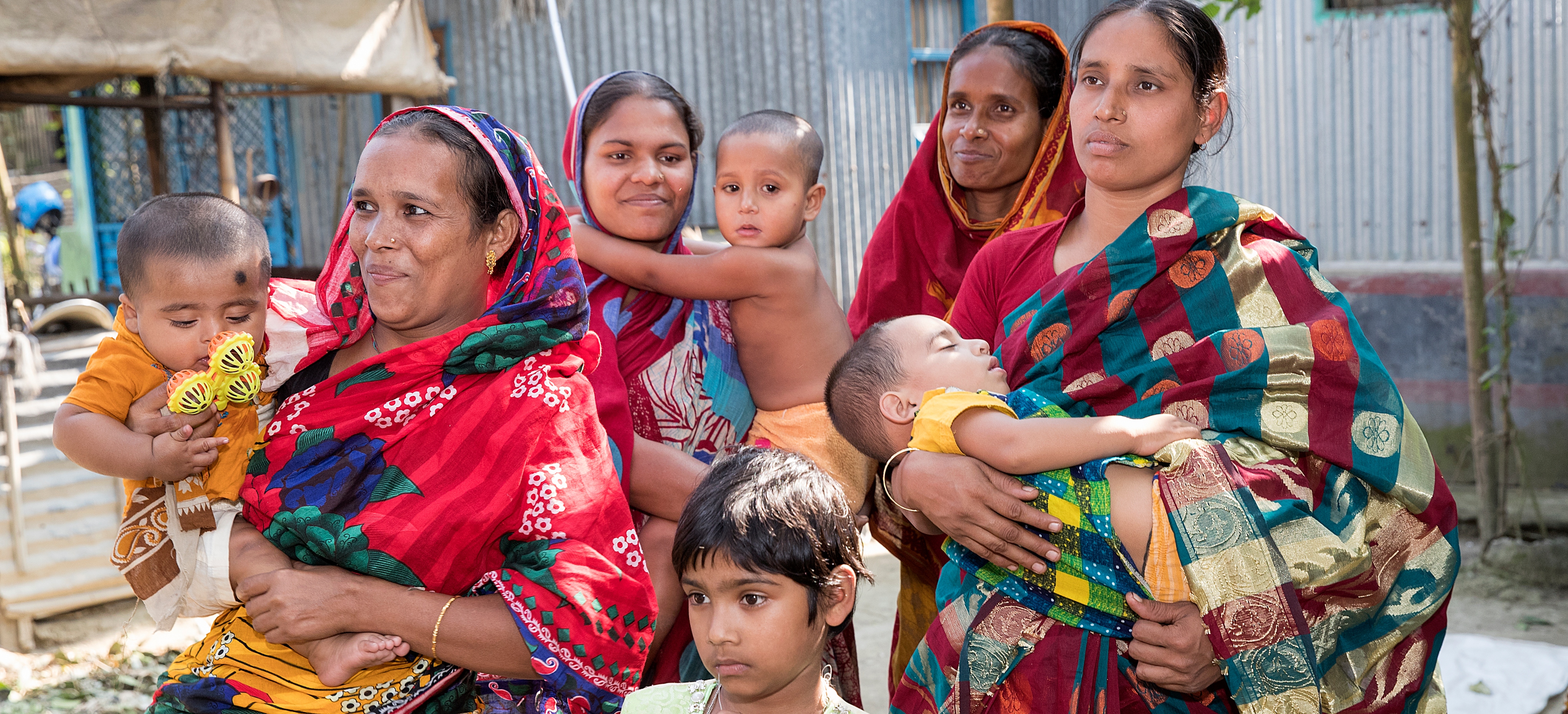
Though this paper has restricted access, it offers an innovative and effective methodology to improve the level

This report from the Food and Agriculture Organization of the United Nations (FAO) is intended to quantify some
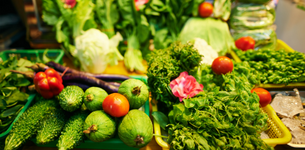
This peer review paper argues that taking a healthy diet perspective, instead of a narrower production-focused approach, in food system transformat
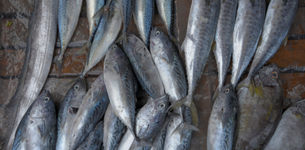
This Blue Food collection in Nature is the result of a collaboration between The Blue Food Assessment
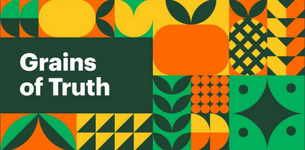
This report from EAT and GlobeScan looks at the opinions of over 30,000 consumers in 31 markets around the world about their definition of good, he
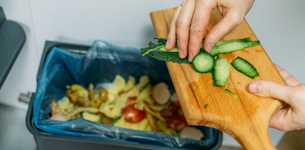
SDG Target 12.3 on Food Loss and Waste: 2021 Progress Report is the sixth in an annual series of publications providing an assessment of the world’
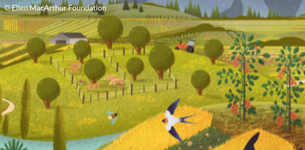
This report from the Ellen MacArthur Foundation, a leader in circular economy thinking, looks at redesigning food and food systems to be more natur
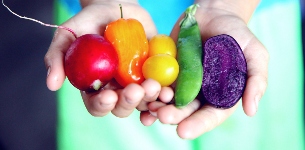
This article from Save on Energy explores the what, where, why and how of food waste in North America - as well as potential opportunities to turn
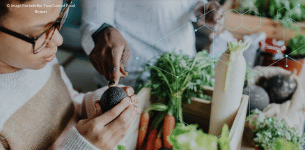
In this report by the Rockefeller Foundation, the true cost of the U.S. food system is analysed and calculated.
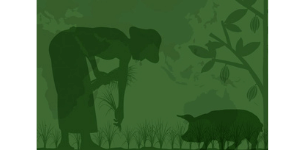
In this second report of the FABLE Consortium, country teams present 20 national pathways towards sustainable land-use and food systems.
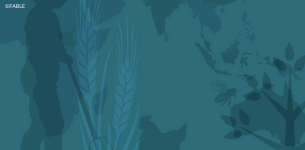
The Food, Agriculture, Biodiversity, LandUse, and Energy (FABLE) Consortium is a knowledge network of research

Corteva Agriscience hosted a discussion to rethink the agriculture industry’s future and the quest to feed our rapidly growing population through s

Concentrating on five key areas (cement, plastics, steel, aluminium, and food) Completing the picture: How the circular economy tackles climate

It is no secret that climate change is significantly impacting our oceans, and those who depend on them.
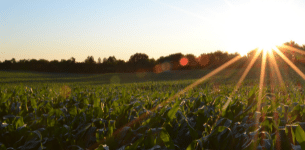
The board members of the Regenerative Organic Alliance (ROA) span the nonprofit sector and the business sector but come together to further the mis

This report is a comprehensive overview of the role circular economies can have on the longevity, sustainability and viability of healthy food syst

Groups like the Borderlands Produce Rescue are recovering left over produce from private farms and distributing fresh, nutritious produce to commun

Nutrition labels have become the norm for packaged foods in many countries, and can help consumers make informed food choices in terms of personal

The 2021 edition of this flagship report from IFPRI "looks at the critical lessons learned and promising opportunities for transforming our food sy
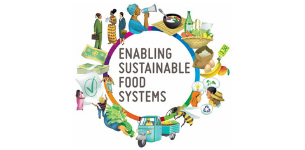
This is an incredibly practical resource, written collaboratively to bring real-life experience and lessons from local food systems actors from Asi

In this evidence-based report, the authors articulate why food systems are no longer working to support people and planet.
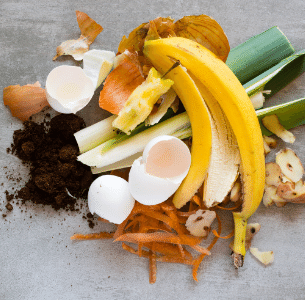
This is the fifth annual SDG 12.3 progress report to track and report on global progress towards achieving SDG 12.3 - to halve global food waste at

In this Nature article, the authors call for policy actions that will support better diets for people, planet and prosperity - and will he
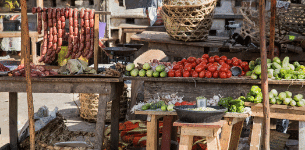
This comment piece highlights important areas progress against goals set out in the Malabo Declaration, which provides the direction for Africa’s a

This report from FAO highlights progress - or lack thereof - against six Sustainable Development Goals (SDGs) indicators that relate to food and ag

This paper from Chatham House does not deal explicitly with nutrition, but its findings have important implications for food systems across Latin A

The RTS Food waste in America in 2020 guide presents clear - and alarming - statistics on the amount of food that is wasted in the US each year, wh

Diets for a better future: Rebooting and reimagining healthy and sustainable food systems in the G20 compares the nation
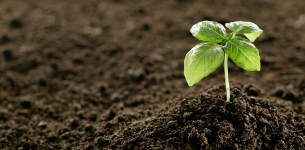
Almost half of the world’s population – 3 billion people – are directly affected by land degradation.
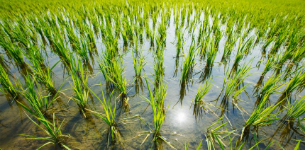
A group of local women in India did not expect United Nations backing and help from the Global Environment Facility when they set out

Like many other reports, this publication confirms that our food systems are failing us.
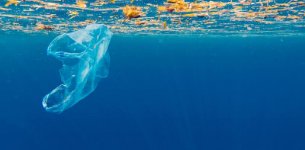
A world with more plastics than fish in the oceans could be a reality by 2050 if we do not partner towards a circular economy.

The Compass’ is Unilever's corporate strategy, driven by three ambitions, based on the input of 40,000 employees and external sta

Microalgae might be the first thing that comes to mind when considering nutrition but it offers an impressive range of minerals,

Soil health is an often undervalued area of sustainable food systems – but one which demands urgent action.

“People are recognising that our global food system is harming the planet – and us,” says Dr. Richard Swannel, Director of WRAP.
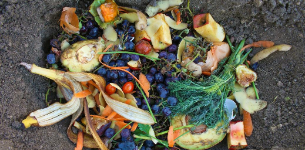
This short article by the World Economic Forum is a must read for public and private actors working in the food system.

This article in the Telegraph gives a candid account of the inequities underlying COVID and how, when in a time of crisis, the people w

A place for futures thinking and overcoming bias for business who need agile models.

Deloitte’s global Future of Food initiative is a cross sector ambition to help companies in four areas:

This video from Unilever shows the rationale for creating a segregated supply of certified palm oil.

This policy brief from Ceres2030 finds that 'if governments provide USD 10 billion for social protection programmes in Africa and South Asia, with
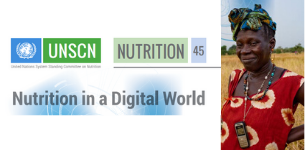
The theme of the 2020 report from the UN Standing Committee on Nutrition (UNSCN) is Nutrition in a digital world. The articles, research a
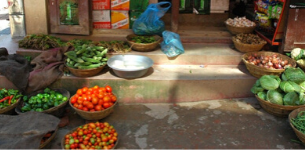
This policy brief from the United Nations looks at how COVID-19 has impacted already-strained global food systems and sets out "three mutually rein

In this paper, the authors examine "how different aspects of trade can constrain or enable governments’ ability to implement food system-level acti

This report on "Emerging Trends and Analysis of the SDG Impact of Companies in the S&P 500®" looks at how companies are spending and reporting

The World Benchmarking Alliance (WBA) was established to drive wider and deeper participation from the private sector in the global efforts towards

A new survey from McKinsey finds that "executives and investment professionals largely agree that environmental, social, and governance programs cr
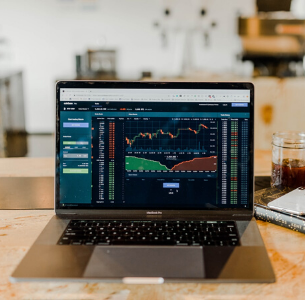
This report from Stichting Global Reporting Initiative (GRI) and UN Global Compact and PRI provides perspectives and recommendations on the key par

This study looks at research around the implementation of a nutrition programme in a garment factory in Bangladesh.
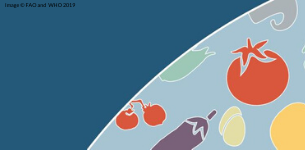
The Food and Agriculture Organization of the United Nations (FAO) and the World Health Organization (WHO) released new guiding pr

This case study summarises the findings of research undertaken by GAIN and NewForesight to explore what motivated Touton, a major cocoa trader, to

This report highlights progress made towards achieving SDG Target 12.3: “By 2030, halve per capita global food waste at the retail and consumer

This new global report from the Food and Land Use Coalition (FOLU) proposes a reform agenda for food systems centred around ten critical transition

This report from the World Resources Institute (WRI) was produced in partnership with the World Bank, UN Environment Programme (UNEP), UN Developme

Comment piece in the Lancet provides good insight on how trade policy impacts healthy and sustainable food systems.

This special report from the IPCC highlights the impact of land use and agricultural practices on climate change.

The Food and Agriculture Organization of the United Nations (FAO) has developed an SDG progress report to examine key data and trends for indicator

New study in the Lancet calculates historical and future availability of fruit and vegetables compared to the amount recommended by the World Healt

The State of Food Security and Nutrition in the World (SOFI) is an annual report jointly published by the several bodies of the United Nations: Foo

In this report, the World Benchmarking Alliance (WBA) identifies seven systems transformations that are key to addressing the SDGs, and where busin

Plating Up Progress has released a new investor briefing, Plating Up Progress Part 1, which looks at the sustainability risks and opportunities for
This paper by IDH – Sustainable Trade Initiative gives extensive evidence on how to deliver models that provide service delivery to smallholder far
This paper provides a business case for investing in India.
EAT and the World Business Council for Sustainable Development (WBCSD), together with Food Reform for Sustainability and Health (FReSH) convened a

In 2018, FReSH hosted Science to Solutions Dialogues (SSD) between
This article looks at options for creating a communication and marketing strategy around food ingredients with “nutritional susta

In this thought piece from the Agrobiodiversity Index report 2019: Risk and resilience, the authors give examples of policies, financing mechanisms
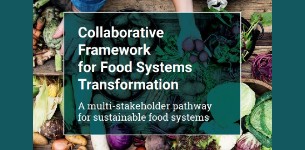
This report provides an approach for collaborative policymaking and governance improvement for sustainable food systems.
Fixing food 2018: best practices towards the Sustainable Development Goals investigates best practices in food sustainability across the w
Developed by The Economist Intelligence Unit and the Barilla Center for Food & Nutrition, the Food Sustainability Index ranks 67 countries base

The International Agri-Food Network brings together thousands of international companies and national associations under the umbrella of fourteen i
The Center for Strategic and International studies have looked at the impact of Feed the Future Investments in Guatemala.
The Center for Strategic and International studies have looked at the impact of Feed the Future Investments in Tanzania.
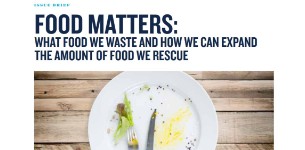
This brief from the US Natural Resources Defense Council (NRDC) brings together learnings from two studies they conducted with support from the Roc
Partnerships for Forests provides financial and technical assistant to help partners do business differently when it comes to land use and preventi

Seventy-five percent of the global food supply comes from 12 plant and five animal species – this report by WWF, Washington University, and food gi
The growing power of supermarkets comes at a cost.
Two page briefing by IBM looking at the causes of supply chain inefficiencies.
Irresponsible resource management does not make business sense – a truism that Kavita Prakash-Mani and Joao Campari at WWF call out in this blog.
Cocoa may not be the most nutritious of agricultural products, but it has huge environmental and economic importance.
This blog, by Alex Rees, asks some difficult questions – namely, do agricultural investments in Africa come anywhere close to the recommendations l

This collection of news stories highlights some of the biggest challenges facing our food systems, and how policy and innovation can come together
FReSH’s True Cost of Food Discussion Paper identifies the methodological and data gaps that need to be filled to make true cost accounting (TCA) mo
This public private partnership in Nigeria demonstrates what can be done to improve crop safety and reduce the non beneficial impacts of toxic crop

The Committee on World Food Security is a collaboration of international agencies, civil society, and the private sector focusing on policy issues
Public information on Pepsico's agricultural commodities. For more information on Pepsico’s core business and reporting standards go to our Advanci
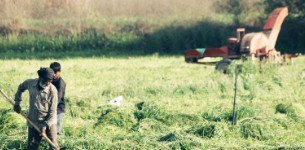
Expanding and replicating successful nutrition programmes can be challenging – innovation hugely depends on the types of partners and the roles of
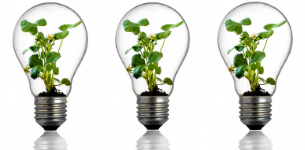
FAO and the Government of Switzerland launched a competition to fund winning innovations which contribute to the global effort to reach Zero Hunger
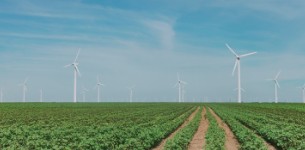
In this video, watch the forum discussion with Harvard professor and lead author of the EAT Lancet commission on healthy diets, restauranteur, and

Leading experts and co-chairs of the EAT-Lancet Commission, Prof Walter Willett and Prof.

Working paper by the World Resources Institute focuses on three changes to consumption patterns that can ensure a sustainable food system.

Between now and 2050, changes in global population and income levels will have huge implications for the global food system.
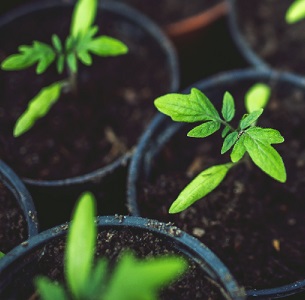
Each year, the Global Nutrition Report provides a snapshot of the state of malnutrition.

This 2019 Lancet Commission Report looks at systemic causes for the triple problems of obesity, undernutrition, and climate change.

A highly recommended resource on consumer demand from the perspective of public private engagement.
The Food Climate Research Network calls for a more equitable balance of power within the food system.
A helpful review of Options for keeping the food system within environmental limits
Honest and provocative report by the Civil Society Reflection Group on the 2030 Agenda for Sustainable Development.

This report offers great insight into the important role of city-level action in driving food system change.
Two-page briefing by the FAO on a tool to help agriculture become more sustainable and empower smallholders.
‘It is through core business that truly transformative impact will happen,’ says John Fallon, Chief Exec, Pearson.
Technical report from the Sustainable Development Solutions Network on the Post-2015 Development Agenda.
Working paper by Consultative Group for International Agricultural Research (CGIAR) looking at how corporate social responsibility and supply agree
Dietary Guidelines for Americans set the country’s nutrition policy and help direct over $80 billion federal spending.
Discussion paper by the Food Climate Network addressing the relationship between food and environmental sustainability.
This report from FAO and the Food Climate Research Network looks at national dietary guidelines as a practical intervention to improve nutrition an
In this policy brief, the Global Panel makes the case that healthy diets are a foundation underpinning positive progress towards the Sustainable De
Unilever is driving change within the palm oil industry with a focus on more efficient land use and forest protection.
Mars have produced a position statement on their contribution to greenhouse gas emissions.
Unilever’s Paul Polman is a Champion 12.3 – part of a global coalition to accelerate action to achieve UN Sustainable Development Goal 12.3 to half
Written evidence submitted by Farm Africa and Self Help Africa on December 2012 to the U.K International Development Committee.
Blog, originally published on Food Security Portal, discussing how global and regional seed companies are working to support smallholder farmers to
A look into how business models can be reshaped to respond to changing consumer preferences.
How can the world feed 9 billion people by 2050? This is the central question in a report by the World Resources Institute.

This report analyses fourteen projects in low and middle income countries working on reducing food loss and waste in food systems.

For a compilation of statistics and infographics on global food loss and waste look no further!
This presentation is the outcome of a high level policy dialogue in 2015 by the Asia-Pacific Economic Cooperation.
This document summarises the important features of the Food Loss and Waste Accounting and Reporting Standard, including the rationale, steps that s

